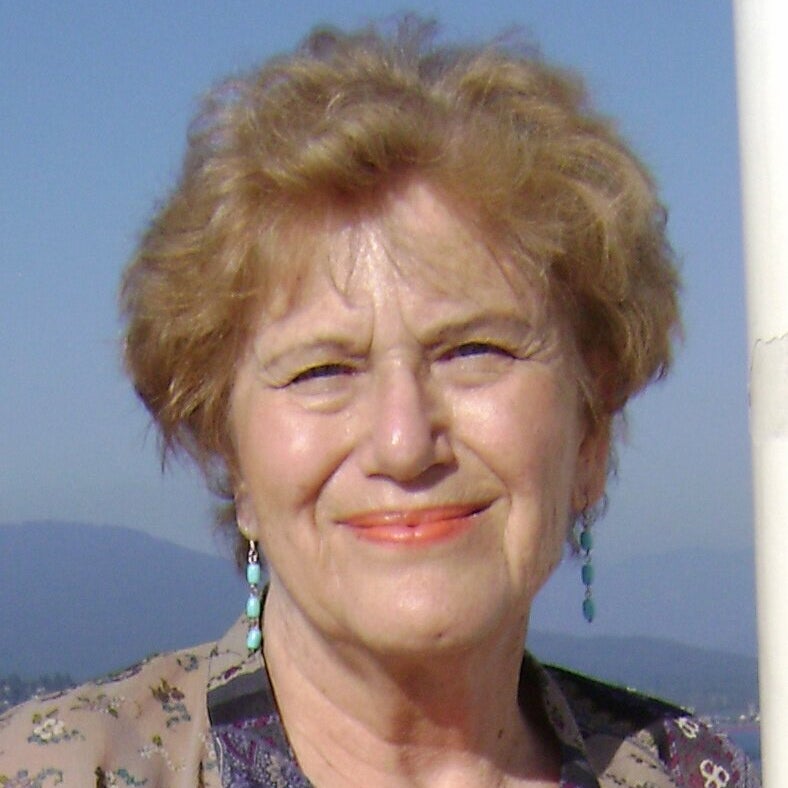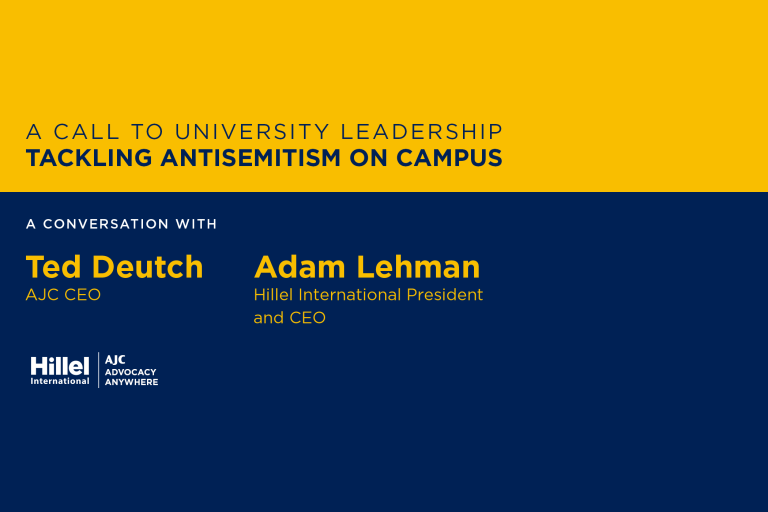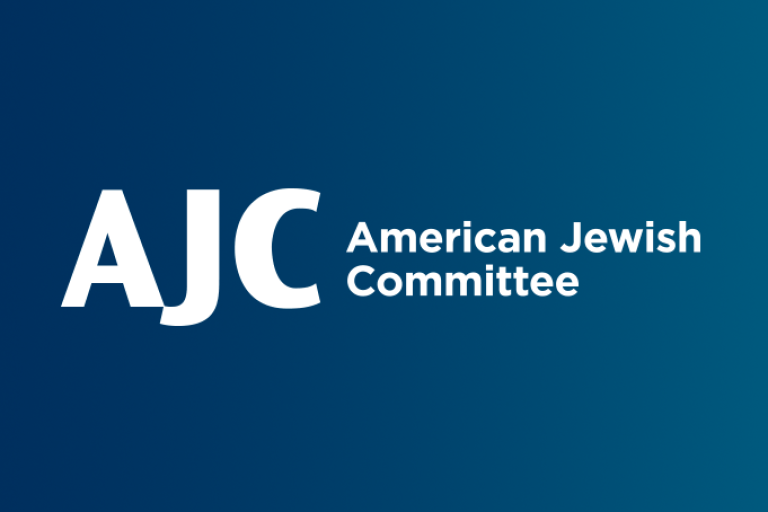November 17, 2014
The 10th anniversary of the OSCE’s Berlin Conference on antisemitism coincided with other significant November anniversaries: 104 years from the end of World War I (begun in July, 100 years ago); 76 years since Kristallnacht; 25 years since the Berlin Wall came down. These anniversaries are marked by contradictions that still characterize today’s world.
Ten years after the international outcries and resolutions against antisemitism resounded from Berlin where 55 countries sent top level delegations, the number of international diplomats attending on this anniversary was down by one third, with fewer top level representatives present.
Nonetheless, 500 government and civil society representatives from all over Europe participated in this two day appointment which featured several poignant speeches including those of Germanys Foreign Minister Frank-Walter Steinmeier and the U.S. Permanent Representative to the United Nations, Ambassador Samantha Power, plus those of high government and civil society delegates from France, Switzerland (the outgoing presidency of OSCE), Canada, Finland, Ukraine, the Slovak Republic, the Russian Federation, Israel, etc.
An Italian diplomatic delegation headed by Foreign Minister Paolo Gentiloni and the Vatican’s Secretary of the Commission for Religious Relations with Jews, Fr. Nobert Hofmann were present part of the time as observers.
Speakers all agreed that worldwide antisemitism is on the rise, where peaks often coincided with periods of heightened tensions in the Middle East. They declared that while political protests are legitimate, they must never serve as an excuse for antisemitism or violence.
According to a recent EU Fundamental Rights Agency survey in eight countries, 25% of Jews interviewed reported they had been victims of an antisemitic episode in the past year. Many Jewish citizens of the EU are thinking of emigrating because of the worsening climate, and a mounting series of antisemitic violence has increased their security concerns.
Just recently, November 16, a rabbi walking home from an Antwerp Synagogue was stabbed in the throat; last May, 4 people were killed by a terrorist in the Brussels Jewish Museum; two years ago a teacher and three children – aged 8,6, and 3 were killed by a terrorist attack on a Jewish school in Toulouse and already in 2006 a young Parisian Jew of Moroccan origin, Ilan Halimi, was tortured and murdered.
The fact that these tragic episodes were nearly all motivated by Islamist terrorist ideology (not, however, to be confused with the true religion of Islam!) and fanned by Arab anti-Israel propaganda, coincides disturbingly with last summer’s massive demonstrations in European cities against the Gaza war that spilled over into antisemitic violence. During Bastille Day celebrations in Paris, 200 Jewish congregants were forced to remain locked inside the Don Isaac Abravanel Synagogue for half an hour awaiting help from police forces to disperse an angry mob chanting “Death to the Jews”, wielding knives, axes and iron bars, trying to storm inside. At the same time, Molotov cocktails were hurled against other synagogues in French and German cities accompanied by chants such as “Hamas, Hamas, Jews to the gas” (in Dortmund) or “Jew, Jew cowardly swine, come out and fight on your own” (in Berlin).
Also recently and on November 16 in Dortmund, Dennis Giemsch, a City Council member of “Die Rechte”, a far-right” party created outrage by demanding “for political reasons” to receive data on the number, names and districts of Jews living in the city!
Mindful of such events, Ambassador Samantha Power, recalled that Elie Wiesel recently stated that “The winds of madness are blowing again” and that “The Holocaust began with words.”
In a powerful and moving speech, she told the Berlin conference that the “alarming increase in antisemitic attacks and attitudes in many parts of Europe…is not only dangerous in and of itself, but it speaks to a deeper, more insidious threat to the European liberal ideal that rose up when the Berlin Wall came down…the rise in antisemitism threatens the greater European project to promote liberal democracy and fundamental freedoms.” It is “often the canary in the coal mine for the degradation of human rights more broadly.”
Two Jewish youth leaders speaking at the concluding Civil Society Panel at the Berlin assembly, presented some valuable “good practice” recommendations for preventing antisemitism as well as Islamist extremist indoctrination. Ilja Sichrovsky, the Vienna-based Founder and Secretary-General of the Muslim-Jewish Conference – who had come accompanied by a Muslim colleague - told of how he was able to find public financing to bring Muslims and Jews from all continents to Vienna for meetings, and urged the OSCE delegates to cultivate interfaith activities and friendships. “There is a much bigger risk to sitting in a synagogue being firebombed than in crossing the street to talk” he said. Jane Braden-Golay, the Swiss President of the European Union of Jewish Students, pointed to funding available for prevention of radicalization programs, such as a Cambridge University project that has been proven to change attitudes. She stressed that Holocaust education must be supplemented by teaching about the lives and contributions of Jews as an integral aspect of European history.
Wade Henderson, leading an interfaith delegation from the U.S. of the Leadership Conference on Civil and Human Rights also emphasized the importance of working in a multi-religious context since antisemitism is “not a problem of the Jews: it is a threat to all society.”
Holocaust denial, the dangers of nationalism, strengthening political leadership, civil society networking, cyberspace antisemitism were amongst topics discussed in workshops.
The enormously expanding quantity of hate speech on the internet was seen as a major problem by many, and especially by Stefano Gatti, researcher at the Milan Contemporary Jewish Documentation Center. He gave a detailed presentation on Holocaust denial and distortion in Italy. Efficient ways of counteracting the cyberspace brainwashing of minds has not yet been found. However, since the corruptive power of these messages feeds on ignorance, efforts to enrich educational programs in schools was considered as the most important antidote.
Ambassador Felix Klein, Germany’s Special Envoy for Relations with Jewish Organizations, remarked that the Federal Republic had undergone and continues to undergo a soul-searching process regarding the past. He felt conscience-raising about antisemitism is necessary in other countries as well, “including the Vatican, which will hopefully open all its wartime archives now”, he said.
Deidre Berger, director of AJC (the American Jewish Committee) Berlin’s Ramer Institute hosted a special additional meeting of Jewish community leaders and security specialists from 21 European countries plus the U.S., to permit more detailed exchange of information regarding specific problems of different Jewish communities. Thomas Kraus, President of the Czech Republic’s Federation of Jewish Communities commented that while the atmosphere in Prague is good in comparison to the rest of Europe, the entire picture bears a worrisome resemblance to that of Europe in the 1920’s.
Rabbi Andrew Baker, Permanent Representative of the OSCE Chairperson-in-Office on Combating Antisemitism and the AJC’s Director for International Jewish Affairs, who played a leading organizational role in this conference, presented a list of key final recommendations, pleading that they be endorsed in all countries. He closed the assembly by stating, “After the war, no one thought Jews would return – but they did. Jews today are wondering whether there is a future for their children in Europe. Therefore, if Jews are wondering, shouldn’t Europe also wonder about its future?”



